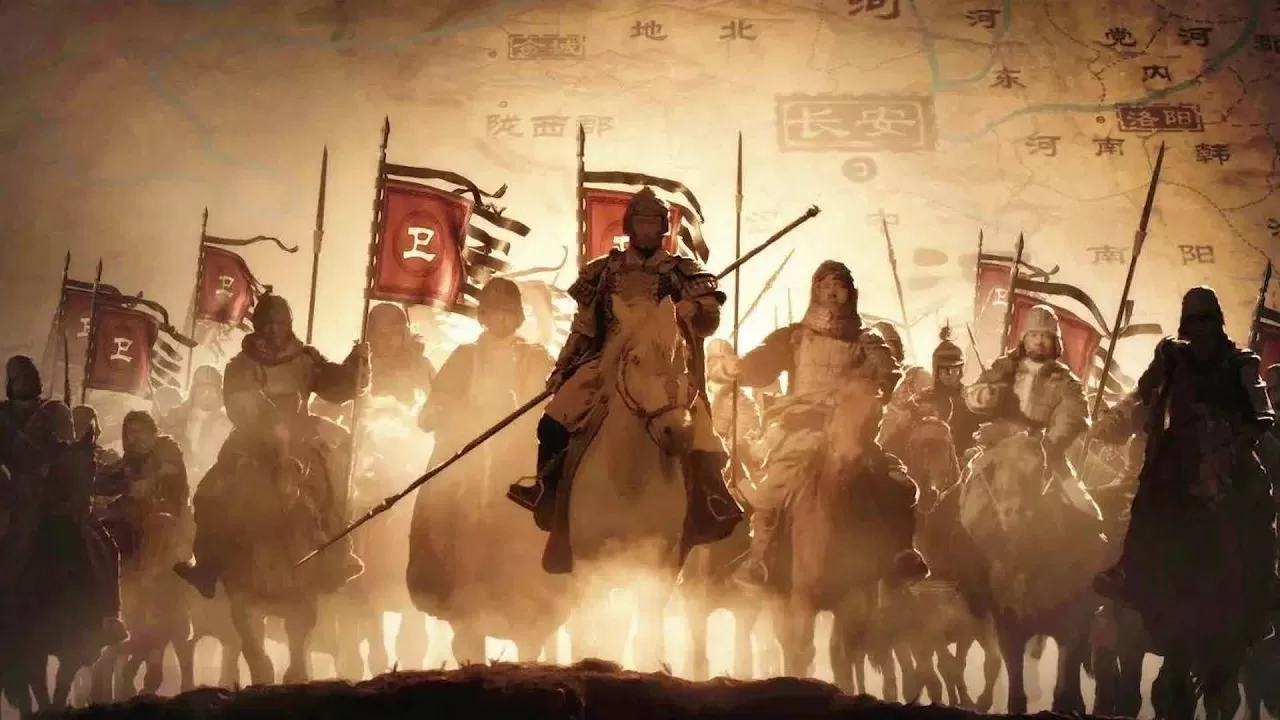Wei Qing (卫青) was a general who served during the Han Dynasty in ancient China. He was one of the most successful military commanders in Chinese history and played a key role in the expansion of the Han Empire during the Western Han period.
Wei Qing was born in 187 BC, and in 134 BC, Emperor Wu appointed Wei Qing as the commander of the Xiongnu Expeditionary Force, with the task of driving the Xiongnu tribes back beyond the Great Wall and establishing Han control over the western regions. The Xiongnu were a nomadic tribe that had been a thorn in the side of the Han Empire for many years, raiding Han territories and posing a constant threat to the empire’s security.
Wei Qing launched a series of successful military campaigns against the Xiongnu, using innovative tactics and strategies that were ahead of their time. He was known for his ability to outflank the enemy and launch surprise attacks, as well as his use of cavalry and light infantry to harass the Xiongnu from all sides. Wei Qing’s campaigns were successful in weakening the Xiongnu and pushing them back beyond the Great Wall.
Wei Qing’s most famous campaign was the Battle of Mobei, which took place in 119 BC. This was a decisive battle that saw Wei Qing and his nephew, Huo Qubing, defeat a large Xiongnu army and establish Han control over the western regions. The battle was won by a combination of Wei Qing’s military genius and the bravery of his soldiers, who fought fiercely despite being outnumbered.
After the Battle of Mobei, Wei Qing was hailed as a hero throughout the Han Empire. He was awarded the title of “Marquis of Guannei” and given a grand estate in recognition of his service to the empire. Wei Qing continued to serve the Han Empire for many years, leading campaigns against the Xiongnu and other enemies of the state. He was known for his integrity and loyalty, and was admired by his soldiers for his courage and leadership.
Wei Qing’s impact on Chinese history was significant. His military campaigns played a key role in expanding the Han Empire and establishing Han control over the western regions. His use of innovative tactics and strategies influenced Chinese military thinking for centuries to come, and his legacy as a great military commander continues to be celebrated in Chinese culture.


